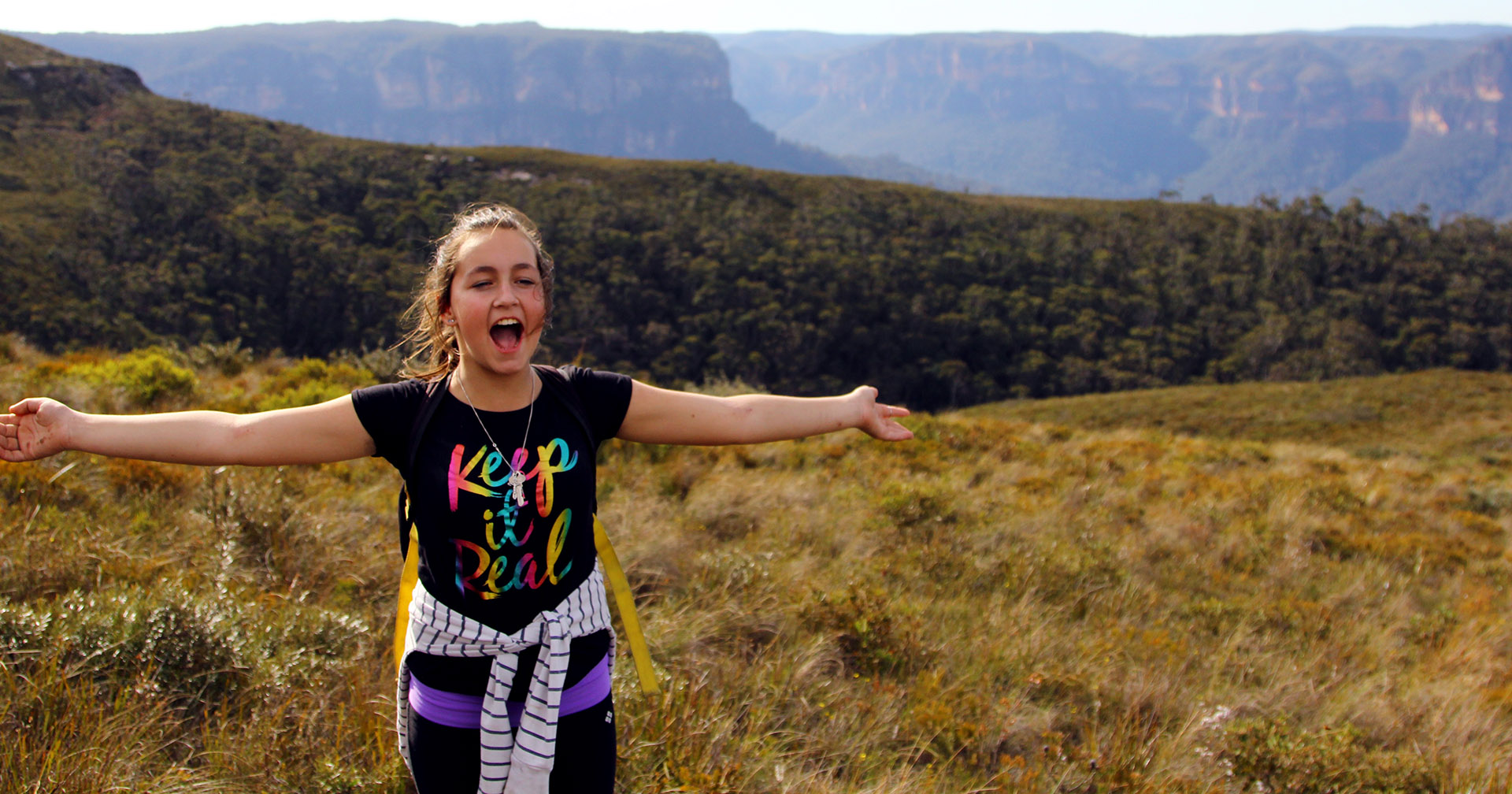RUOK DAY? in September gives us a chance to reach out to people we know, to see how they’re going and offer support where it’s needed. At a time when many people are physically isolated and feeling emotionally alone too, the opportunity to connect and talk with others is more important than ever.
And, with mental health across our communities being seriously impacted by the circumstances and uncertainty created by the COVID-19 pandemic, we thought it was also a good moment to check in with our Fusion team to see what their Top Tips were for maintaining good mental health.
Here’s what they came up with.
Our Top Tips for Maintaining Good Mental Health
1. Get Outside My top tip is to get outside every single day. Whether it’s a walk around the block or to the mailbox, getting outside isn’t just important for your vitamin D levels, sometimes a simple change of scene and breath of fresh air can turn a day around.
2. Take a Moment Take a couple of minutes each day to connect with nature through your senses. Listen to the sounds of birds, smell the wattle, feel the bark of a tree, notice the pattern on a flower. It can get you out of your worrying mind and bring you into the here and now. Even one slow, deep breath can anchor you.
3. Do Something Nice Pick a regular time each day to do something nice – like read a book with a coffee and piece of chocolate! Then stick to that routine at the same time every day. Even if there are worries and stresses around you, there is something special in your day you can count on and look forward to.

Image: Get outside!
4. Exercise Do some exercise. It doesn’t have to be strenuous – I prefer a long but brisk walk – it just needs to get your body moving and the blood pumping. For people experiencing anxiety, the focus on the physical helps to redirect your brain out of stress or panic mode. It removes you from other external pressures and forces you to be grounded in the moment. If you choose to walk or run, then you also get the benefits of being outside, engaging your five senses, and getting direct sunlight, which are all things that are proven to improve overall mental health.
5. Pay Attention A few times a day…around breakfast, morning tea, lunch, afternoon tea, before bed, sit quietly and notice 3 or 4 things you can see, 3 or 4 sounds you can hear, 2 or 3 smells or tastes you can sense, and a couple of feelings you have. Be present and give attention to what rises for you for a couple of minutes. An added step for you, if you like: part of your ‘attention’ can be sharing that with God; in your thoughts, in writing, drawing, even singing.
6. Name Your Emotions See if you can name what emotions are present for you. (Author Steve Biddulph suggests four primary ones: fear, anger, sadness and joy. Psychologist David Robinson suggests sadness, anger, disgust, joy, fear, trust, surprise and anticipation. You can have any mixture of these). See if you can locate the source of the emotions; and where they are present in your body. Have an internal dialogue about them (include God if that’s what you’d like to do). Talk to someone skilled if you can’t reach some resolution.
7. Spend Time with Animals My number one tip is to have a pet! Dogs are the best, but I guess if you’re into cats you can have a cat? They provide you with unconditional love and cuddles at the end of long days and are always loyal. Having a dog also helps me get motivated to get out for daily walks, which we know is very good for your mental health! Adopting or rescuing a dog also brings purpose and meaning. Having a dog has been very helpful for me in my journey to mental wellness.

Image: Spend time with animals
8. Engage with Nature Get outdoors in some natural place or where something’s growing and pay attention to your senses. If you can’t get outside, pick a leaf or a flower, or something natural, and regard it intensely. Look at it deeply and ‘get lost’ in it.
9. Stop It can be easy to keep looking for the next thing to do, whether that’s things on your list, in your work or in your life. Remind yourself that you are allowed to stop. You don’t constantly have to be doing things. A great way to stop is to spend time in silence, outside in nature, listening to the sounds around you. We often use technology as a means of stopping/slowing down, which is fine. But when so much of our work, study, socialising and other jobs are on devices, it can become difficult to switch off and actually relax.
By finding things that bring you rest and joy and allowing yourself to stop and relax, you are creating space that will help you be in a good frame of mind to tackle challenges that come your way. It’s good to remember to be present in the moment and enjoy what is in front of you, rather than always thinking about the next thing or your massive ’to do list’.
10. Talk to someone. It doesn’t need to be a big, deep conversation – although they can help too. Saying hello to someone when you’re out for a walk or picking up the phone to check in with a friend, can do wonders for your own sense of well-being and theirs. Even better, join a group! Online and face-to-face meetings can provide structure and rhythm to your week, plus an opportunity to connect socially.
You might like to try out some of these ideas for yourself or share them with someone you know.
Together, we can be a community that supports each other to thrive!
If you’d like to find out more about training with Fusion, including in Youth Mental Health First Aid visit www.fusion.org.au/training/.
